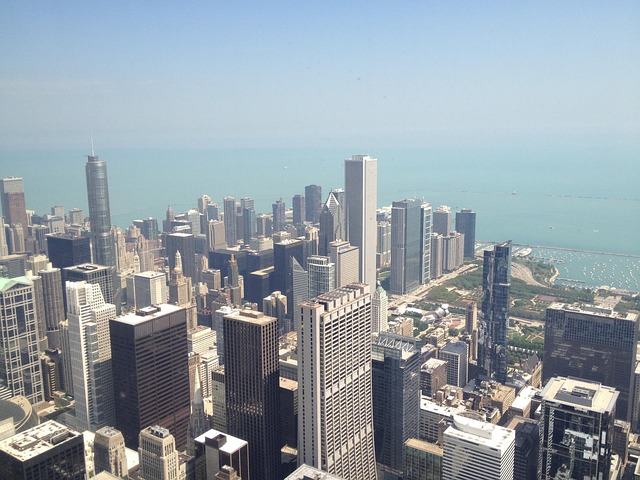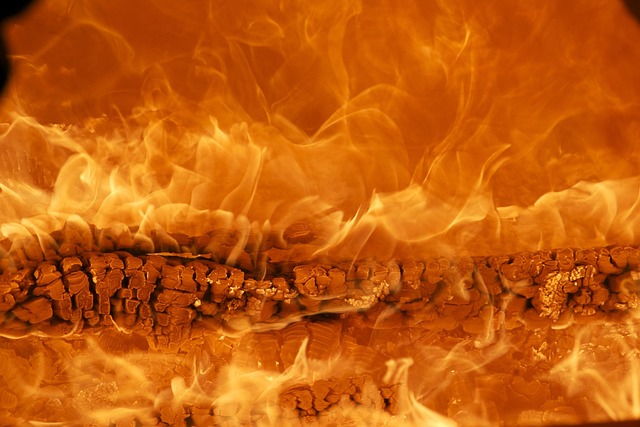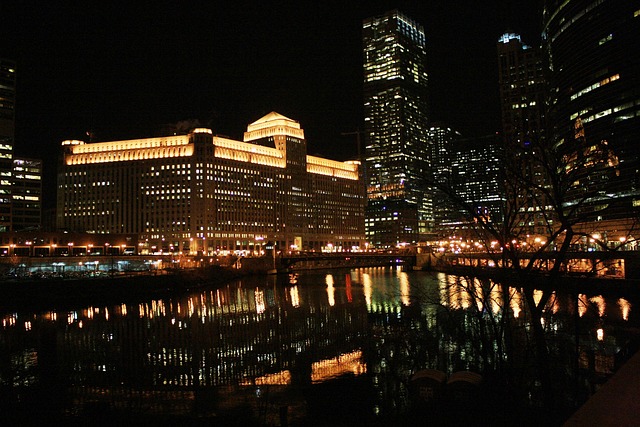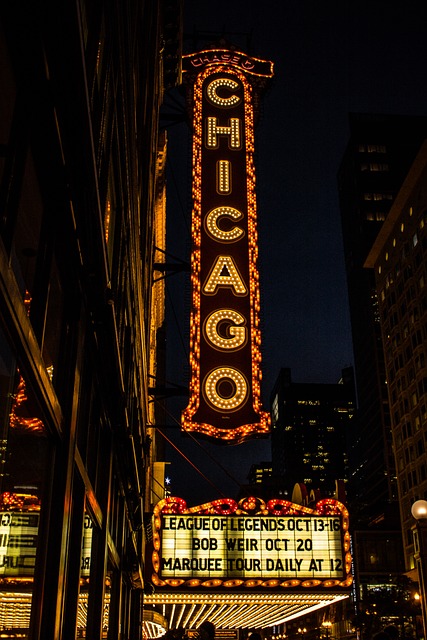In Illinois, especially when selling a fire-damaged home in Chicago, strict property disclosure laws are vital for both sellers and buyers. Sellers must complete a Property Disclosure Report (PDR), detailing the extent of fire damage, its cause, and repair steps taken. This transparency empowers buyers to make informed decisions about potential insurance rates and repairs, while adhering to these regulations protects sellers from legal issues and future liabilities. Thorough inspection and meticulous documentation are key to navigating these requirements successfully, ensuring a smooth sale process for Chicago's fire-damaged properties.
Selling your fire-damaged home in Chicago comes with unique legal considerations due to Illinois’ stringent property disclosure laws. Understanding these regulations is crucial for both homeowners looking to sell and buyers protecting their investment. This article navigates the key disclosures required, their implications, and practical steps for compliance when selling a fire-damaged property in Chicago, ensuring a transparent and legally sound process. Learn how to effectively disclose potential issues and avoid unforeseen challenges when “selling my fire damaged home Chicago.”
- Understanding Illinois Property Disclosure Laws
- What Disclosures are Required When Selling a Fire-Damaged Home in Chicago?
- Implications for Homeowners and Buyers
- Steps to Comply with Disclosure Regulations
Understanding Illinois Property Disclosure Laws

In the state of Illinois, selling a fire-damaged home in Chicago comes with specific legal requirements known as property disclosure laws. These laws aim to provide buyers with transparent information about any potential issues or damages within a property, ensuring they make informed decisions during the purchase process. Understanding these regulations is crucial for both sellers and buyers when it involves selling a fire-ravaged residence.
Sellers are required to disclose any known material defects or conditions that could impact the structure or systems of the property. This includes, but is not limited to, information about previous fires, water damage, mold issues, or structural problems. A comprehensive disclosure ensures buyers are aware of potential challenges and can plan accordingly, whether they intend to renovate, repair, or simply make informed choices as future homeowners.
What Disclosures are Required When Selling a Fire-Damaged Home in Chicago?

When selling a fire-damaged home in Chicago, there are specific disclosure requirements that sellers must adhere to. According to Illinois property disclosure laws, sellers are obligated to reveal any known material defects or damage to the property, including any recent fires. This includes providing detailed information about the extent of the fire damage, such as when it occurred, the cause (if known), and the steps taken for repair or remediation.
In Chicago, the process involves filling out a Property Disclosure Report (PDR), which is a comprehensive form that outlines the property’s history and any issues or concerns. Sellers must disclose all relevant information regarding fire damage, even if it’s been repaired or renovated since the incident. This transparency helps buyers make informed decisions and ensures they are fully aware of the property’s condition before purchasing, especially when considering the potential impact on their insurance rates or future repairs.
Implications for Homeowners and Buyers

For homeowners in Illinois considering selling a property, especially after damage from fires or other disasters, understanding disclosure laws is paramount. In Chicago and beyond, state regulations require sellers to disclose known defects or hazards that could impact a buyer’s decision. This includes revealing fire damage, which can have significant implications for both parties involved.
Buyers, armed with this information, can make more informed choices about purchasing a property. They can assess the extent of the fire damage, evaluate potential costs for repairs, and determine if the home meets their safety standards. On the other hand, sellers must be transparent to avoid legal issues post-sale. For those looking to sell their fire-damaged homes in Chicago, compliance with these laws is crucial to ensure a smooth transaction and protect against future liabilities.
Steps to Comply with Disclosure Regulations
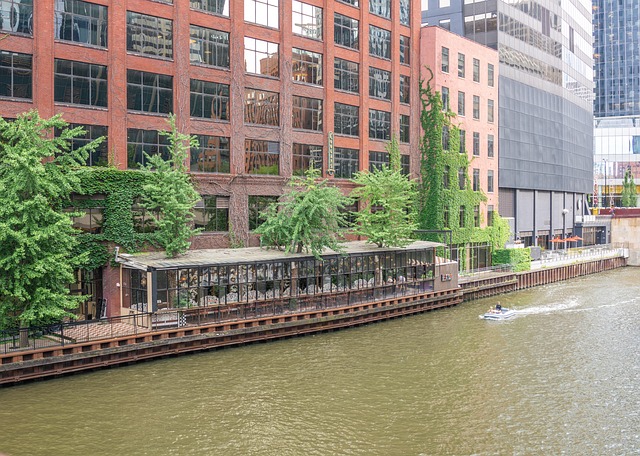
Selling a fire-damaged home in Chicago comes with specific disclosure obligations. First, conduct a thorough inspection to identify all damage and potential hazards. This includes assessing structural integrity, identifying mold growth (if any), and noting any other issues like water damage or asbestos presence. Create a comprehensive list of these findings, which will serve as your disclosure document.
Next, provide this information to the buyer’s agent or directly to the prospective buyer. Ensure the document is detailed, transparent, and accurately represents the current state of the property. It’s crucial to disclose all known issues to avoid legal complications later. Additionally, be prepared to answer any questions and offer relevant documentation supporting your disclosures. Promptly addressing these steps will help you navigate Chicago’s disclosure regulations when selling a fire-damaged home smoothly and ethically.
When selling a fire-damaged home in Chicago, understanding Illinois’ property disclosure laws is crucial. These regulations ensure transparency between homeowners and buyers, especially regarding potential risks and repairs needed after such incidents. By adhering to the required disclosures and taking the necessary steps to comply, both parties can navigate this process smoothly, fostering trust and ensuring a successful sale for your fire-damaged Chicago property. Remember, when it comes to selling your fire-damaged home in Chicago, knowledge is power, and compliance with disclosure regulations is key.

